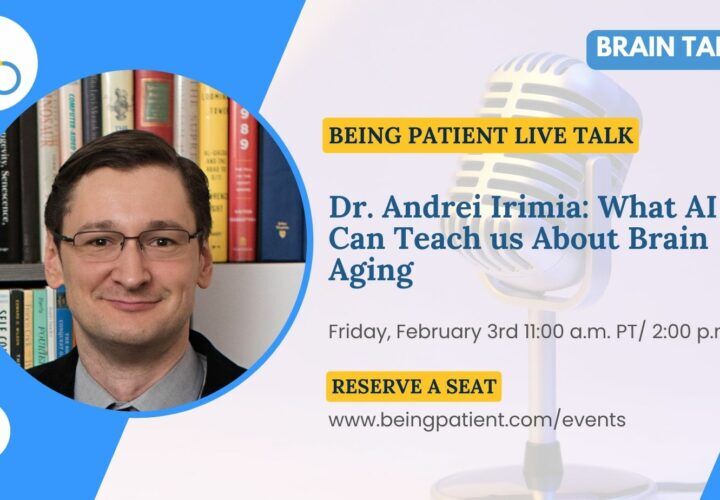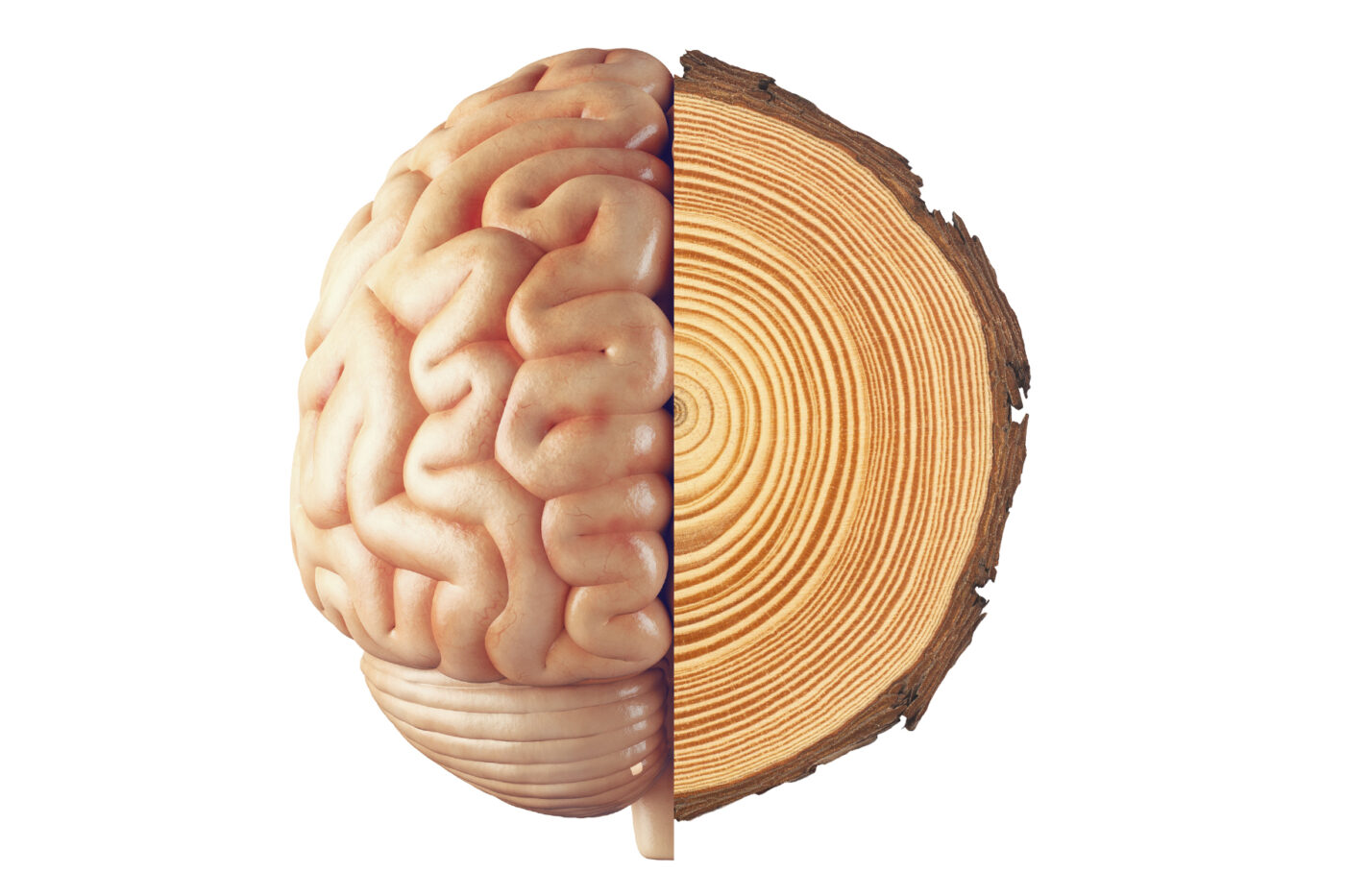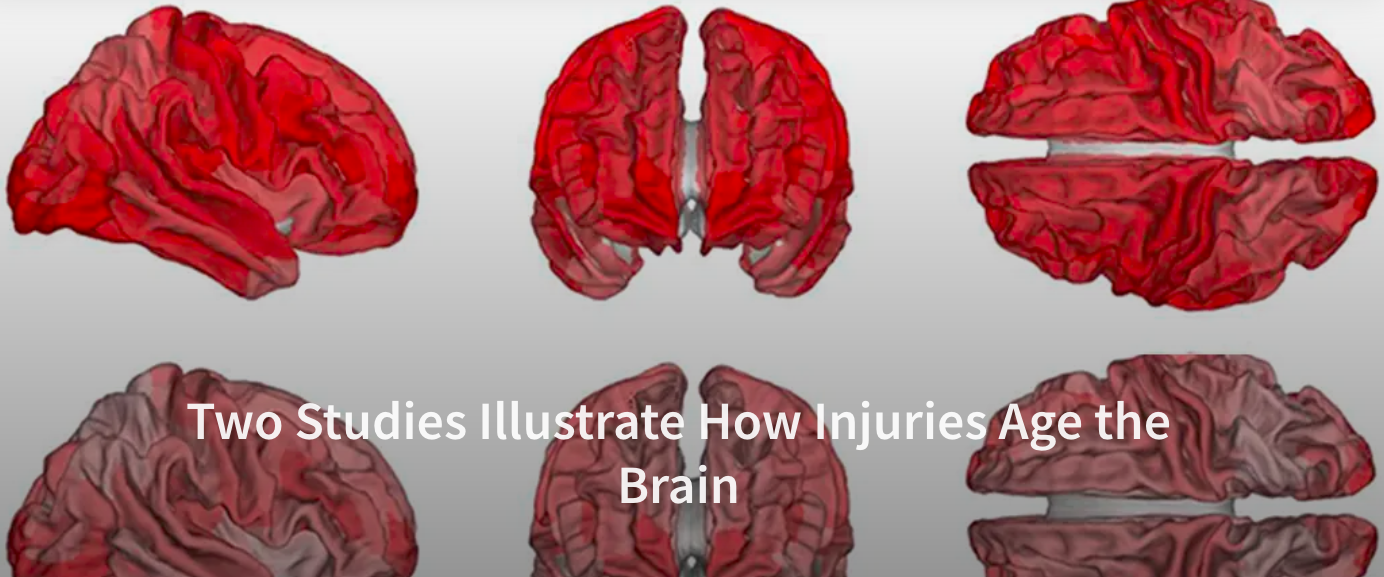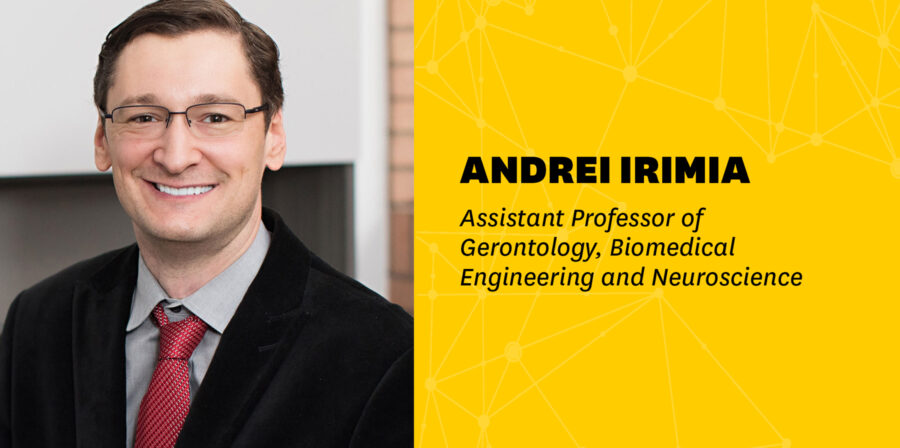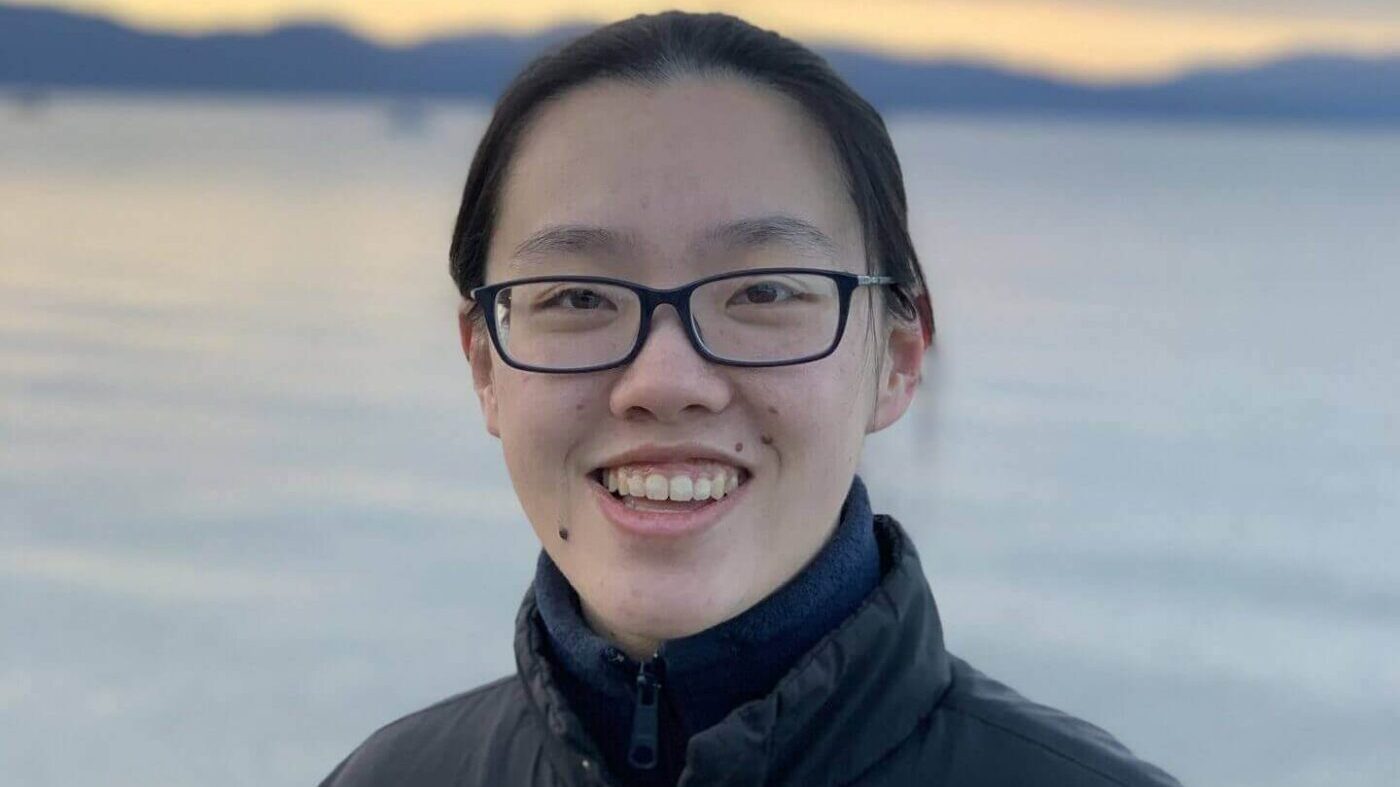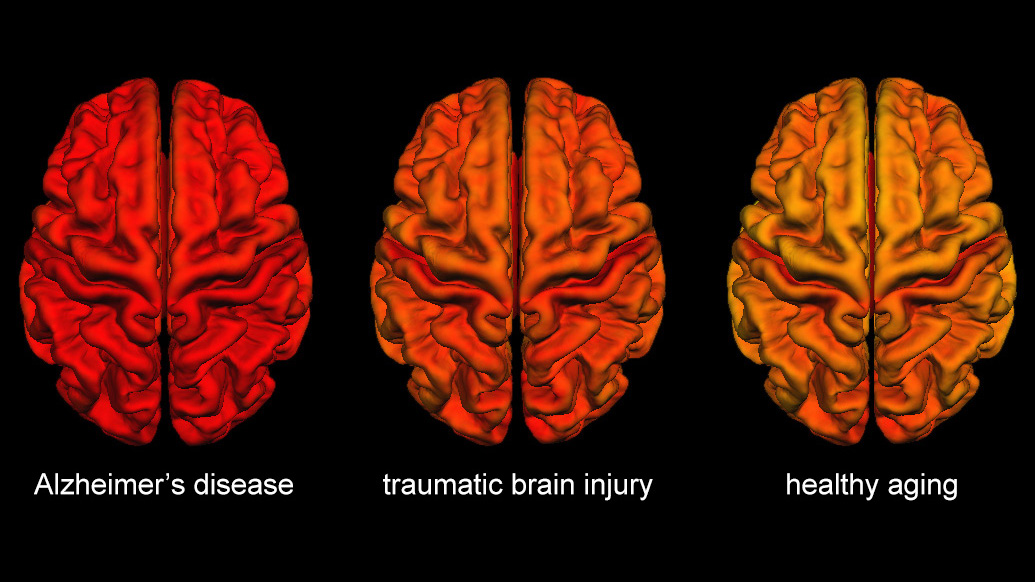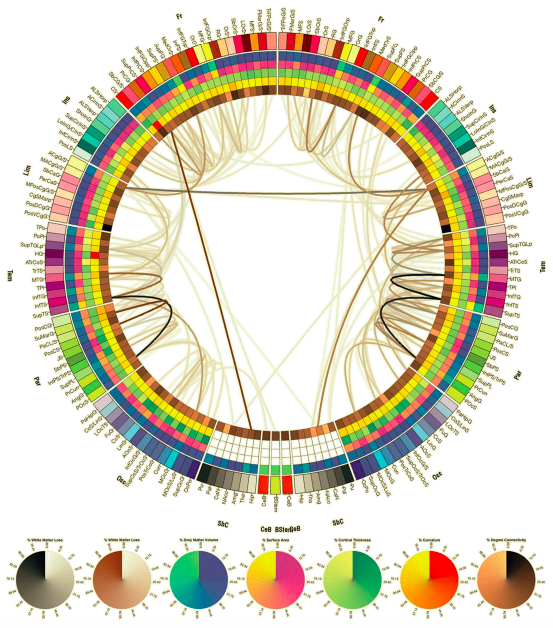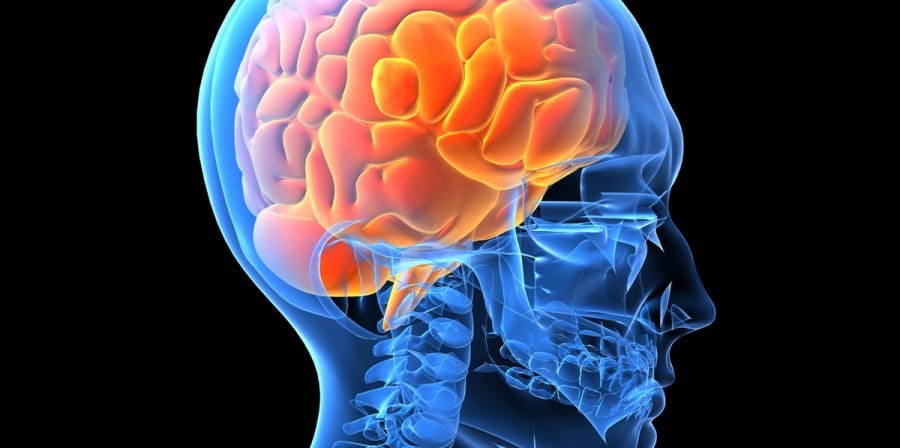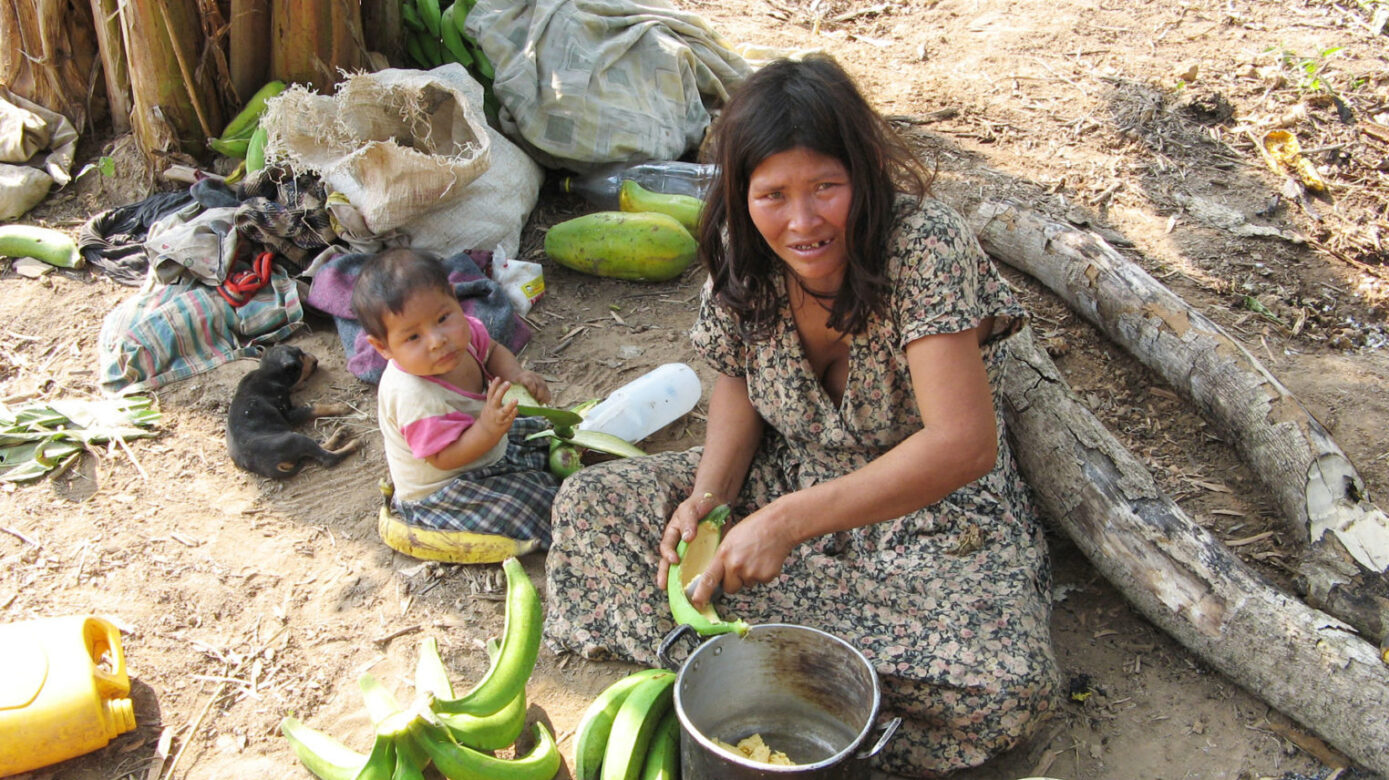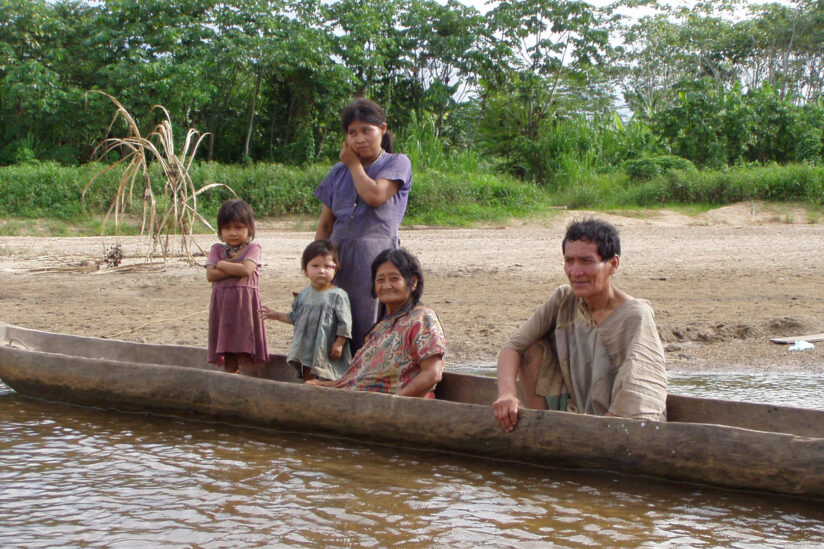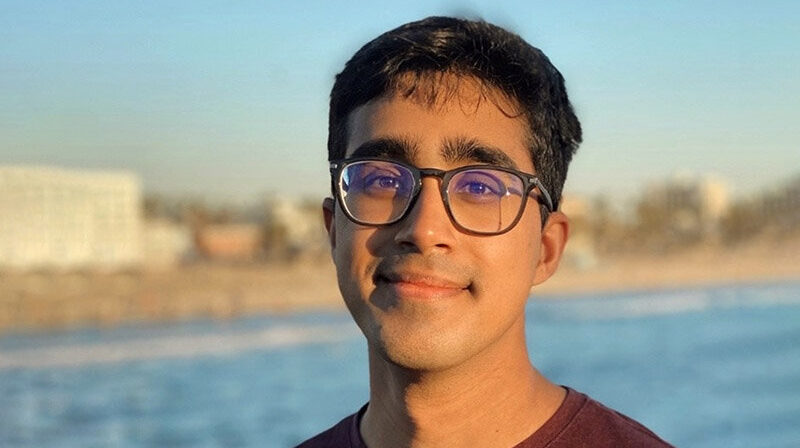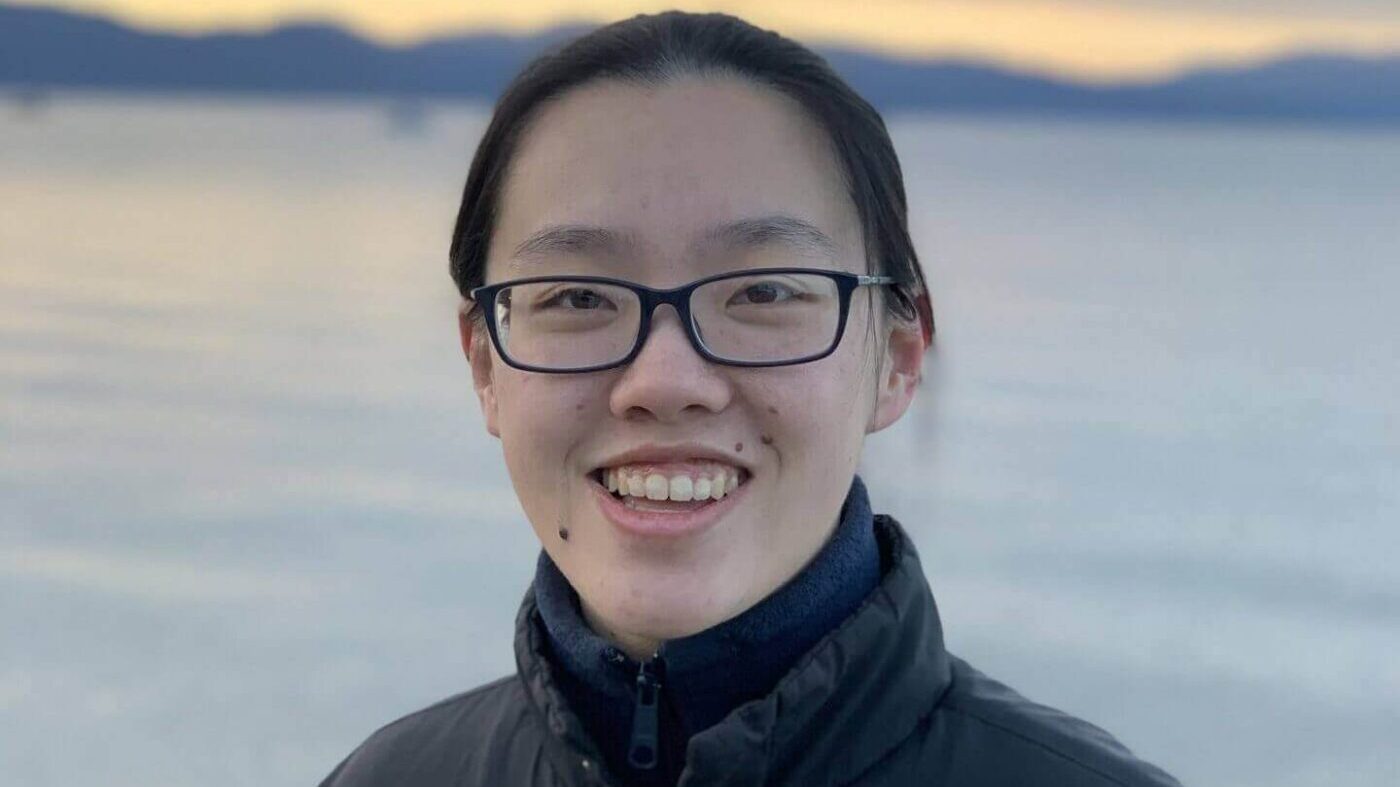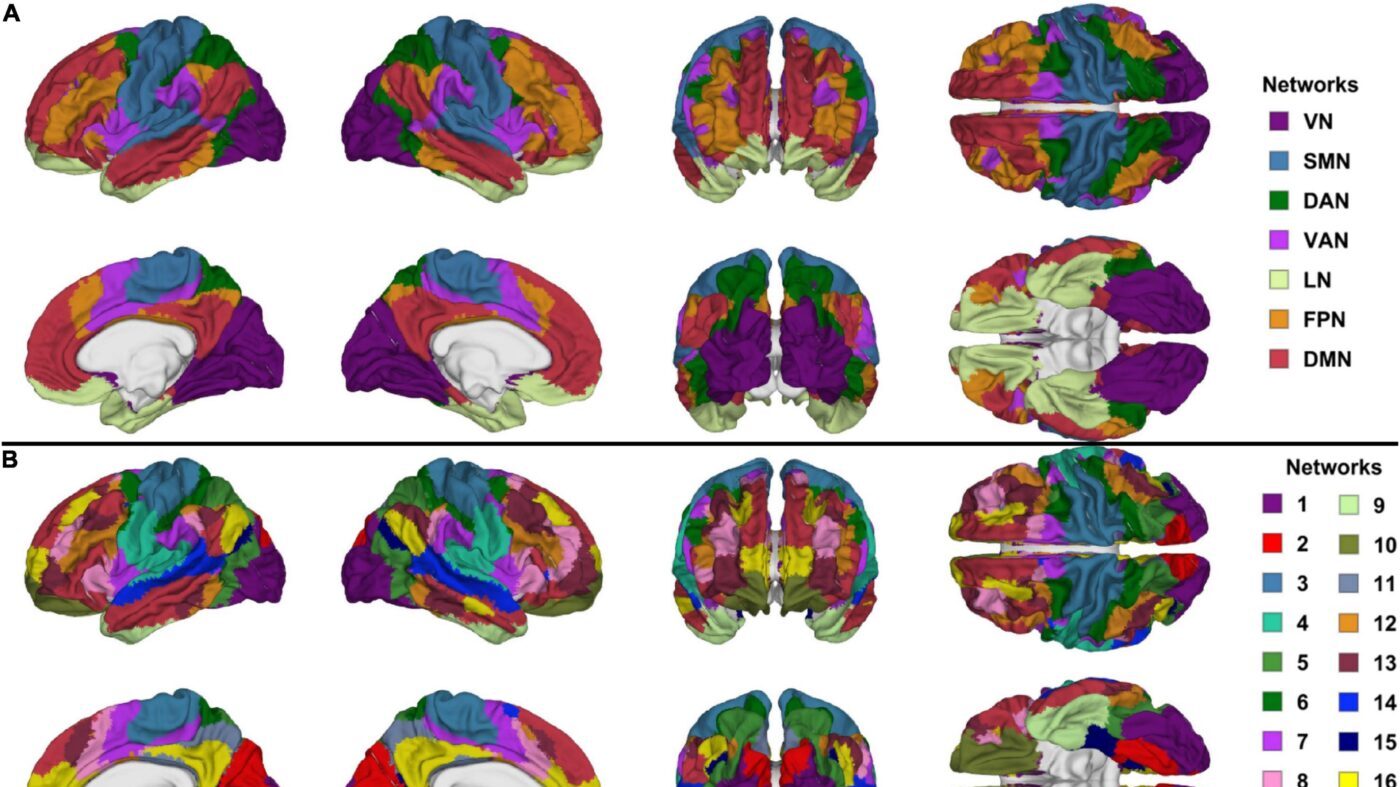News
Anonymous gift advances Alzheimer’s research
An anonymous family donated $150,000 to support the research efforts of Associate Professor Andrei Irimia after hearing him present his work on traumatic brain injury (TBI) and its link to the risk of developing Alzheimer’s disease later in life.
Is Your Brain ‘Old for Its Age’? How AI Measures Cognitive Decline
USC quantitative neuroscientist Dr. Andrei Irimia joins Being Patient Live Talks to discuss his research on brain aging and AI technology.
How old is your brain, really? Artificial intelligence knows
AI-powered analysis developed at USC accurately reflects risk of cognitive decline and Alzheimer’s disease based on brain age.
The popular aphorism states that “age is just a number,” but USC Leonard Davis–led research shows how calculating the biological — as opposed to chronological — age of the brain of the brain could be a powerful tool in screening for brain health issues, including dementia, even before symptoms occur.
Alzheimer’s and Dementia
Andrei Irimia discusses neuroimaging and data analysis of the ageing brain
“The brain is a dynamic complex organ that controls thought, memory, emotion, touch, every process that regulates our bodies. Neuroimaging technologies allow us to examine the brain structure and function of living humans, offering tremendous insights into how the brain differs between healthy people and disease patients.”
Assistant Professor of Gerontology Andrei Irimia joins Professor George Shannon on the most recent episode of Lessons in Lifespan Health to discuss brain imaging and brain health, including his work to determine who is most at risk for Alzheimer’s disease after suffering a concussion or traumatic brain injury.
Undergraduate Researchers Impress Viterbi Community With CURVE Symposium Posters
Over 100 USC Viterbi undergraduates present their year-long research projects virtually at the 2021 Viterbi Research Symposium. Sophomore Jessica Zhu of the Irimia Lab wins second place for her poster in the Biomedical Engineering, Civil and Environmental Engineering group.
Head Injury, Alzheimer’s Appear to Affect Brain in Similar Ways (US News)
Alzheimer’s disease and traumatic brain injury appear to affect the brain in similar ways, according to a study that may point to new ways to identify people at high risk for Alzheimer’s.
Connectomics
Brain-Wide Map of “Neural Highways” Is First of Its Kind
For the first time ever, neuroscientists have completed a comprehensive roadmap of the top-trafficked communication highways in the human brain.
Traumatic Brain Injury
Following a traumatic brain injury, when do the first indications of possible long-term complications—including dementia—appear, and is it possible to stave them off?
Phineas Gage, Neurology’s Most Interesting Case, Gets His Head Re-Examined With a New Neural Map
Scientists are getting another chance to get inside Phineas Gage’s head. The 25-year-old Gage was a railroad supervisor back in 1848, using a 13-pound, 3-foot-7 iron rod to pack blasting powder into a rock just moments before becoming history’s most interesting neuroscience case.
Tsimane
Amazon indigenous group’s lifestyle may hold a key to slowing aging
Despite high levels of inflammation, the Tsimane people in Bolivia are unique for their healthy brains that age more slowly, a USC study finds.
Study finds some of the world’s lowest dementia rates in Amazonian indigenous groups
As scientists around the world seek solutions for Alzheimer’s disease, a new study reveals that two indigenous groups in the Bolivian Amazon have among the lowest rates of dementia in the world.
Lab Honors & Awards
Neuroscience Student, USC Leonard Davis Lab Member Wins Prestigious Goldwater Scholarship
Ammar Dharani, junior in neuroscience at the USC Dornsife College and member of the Irimia Lab at the USC Leonard Davis School, researches the structural and connectivity changes following traumatic brain injury.
Undergraduate Researchers Impress Viterbi Community With CURVE Symposium Posters
Sophomore and Irimia lab member Jessica Zhu wins at Viterbi’s CURVE 2021 Symposium for her poster presentation “Comparison of Fractional Anisotropy Along White Matter Connections in Health vs Mild Traumatic Brain Injury.”
Publications
Functional Connectome Dynamics After Mild Traumatic Brain Injury According to Age and Sex (Frontiers in Aging Neuroscience)
Irimia lab members recently published a paper featured in Frontiers in Aging Neuroscience.
Follow the Irimia Lab
Featured on USC Leonard Davis School News
- Anonymous gift advances Alzheimer’s researchby USC Leonard Davis Communications on June 21, 2023
- For clues to healthy brain aging, look to the Bolivian Amazonby USC Leonard Davis Communications on March 20, 2023
- How old is your brain, really? Artificial intelligence knowsby Beth Newcomb on January 11, 2023
- Neuroscience Student, USC Leonard Davis Lab Member Wins Prestigious Goldwater Scholarshipby Beth Newcomb on April 13, 2022
- Amazon Tribes May Have Lowest Rate of Dementia in the World (U.S. News & World Report)by Beth Newcomb on March 21, 2022



